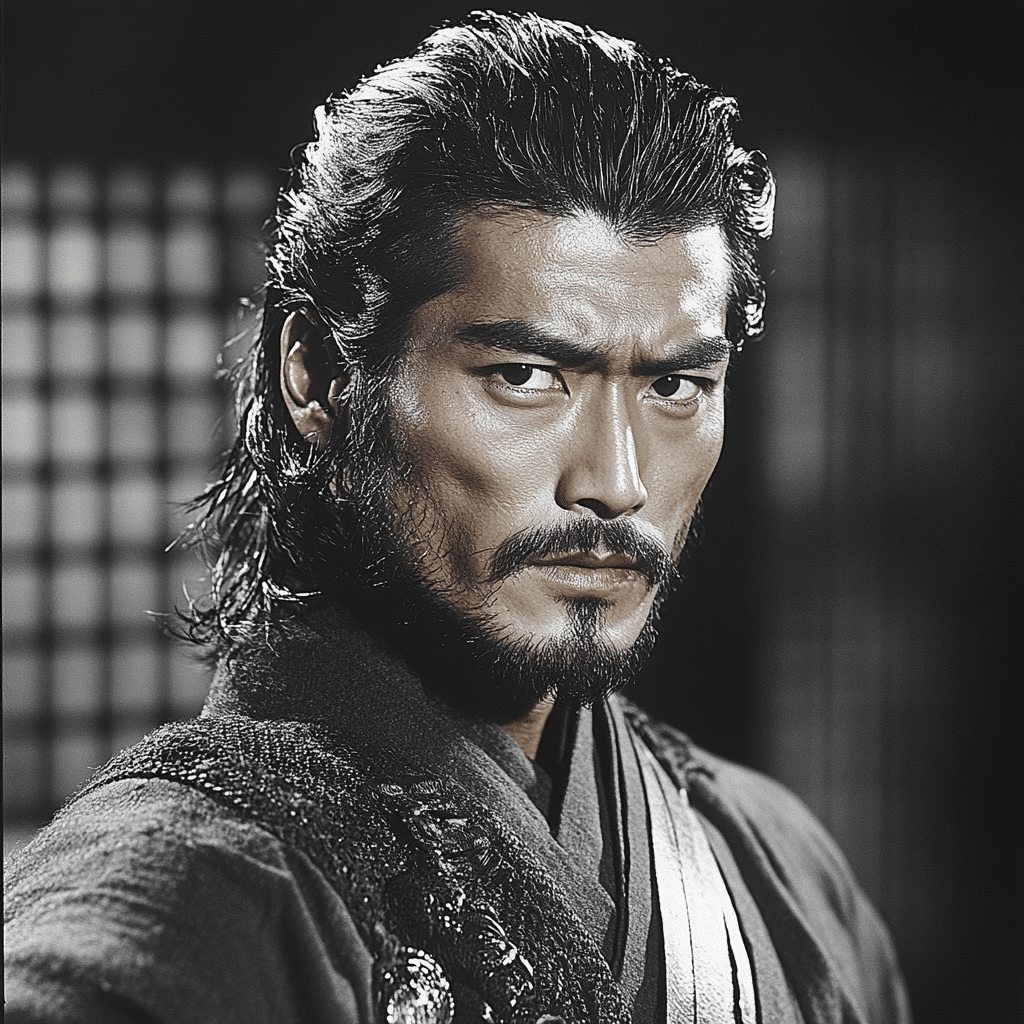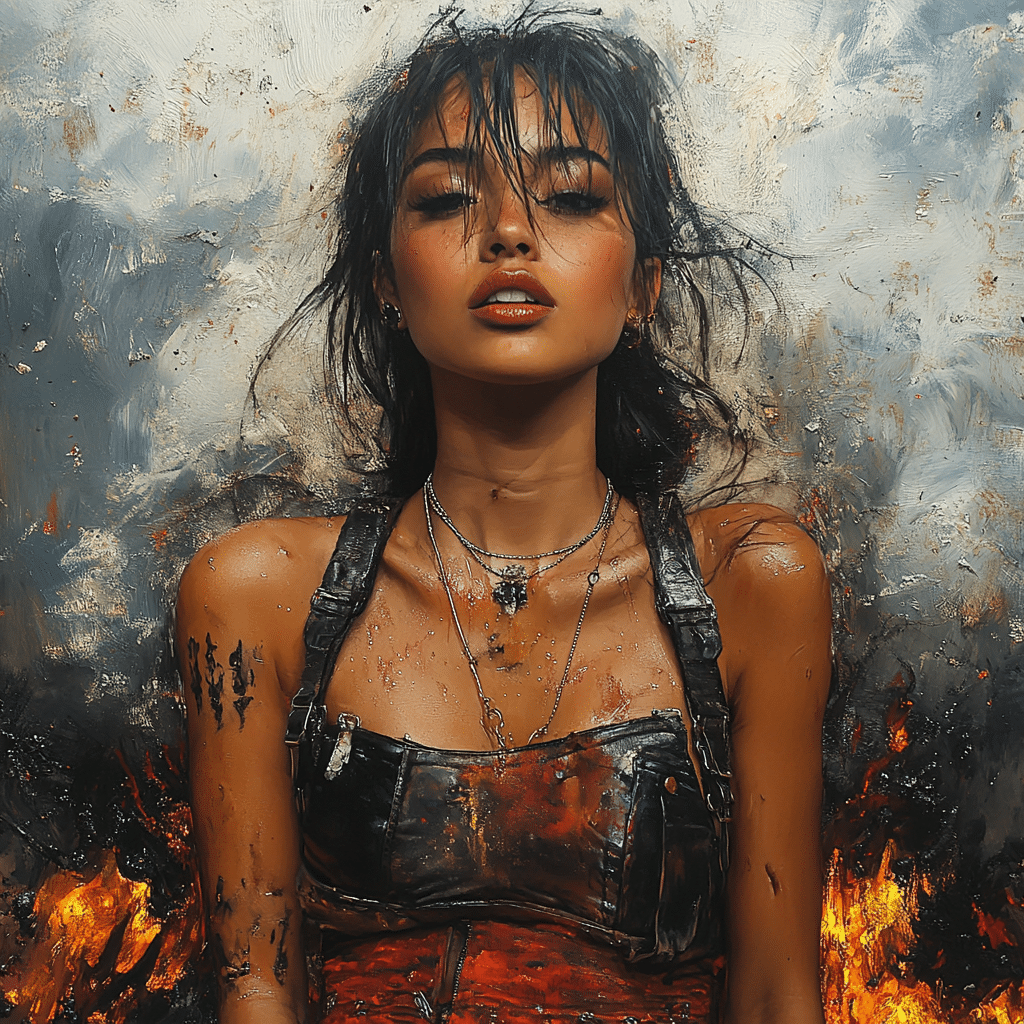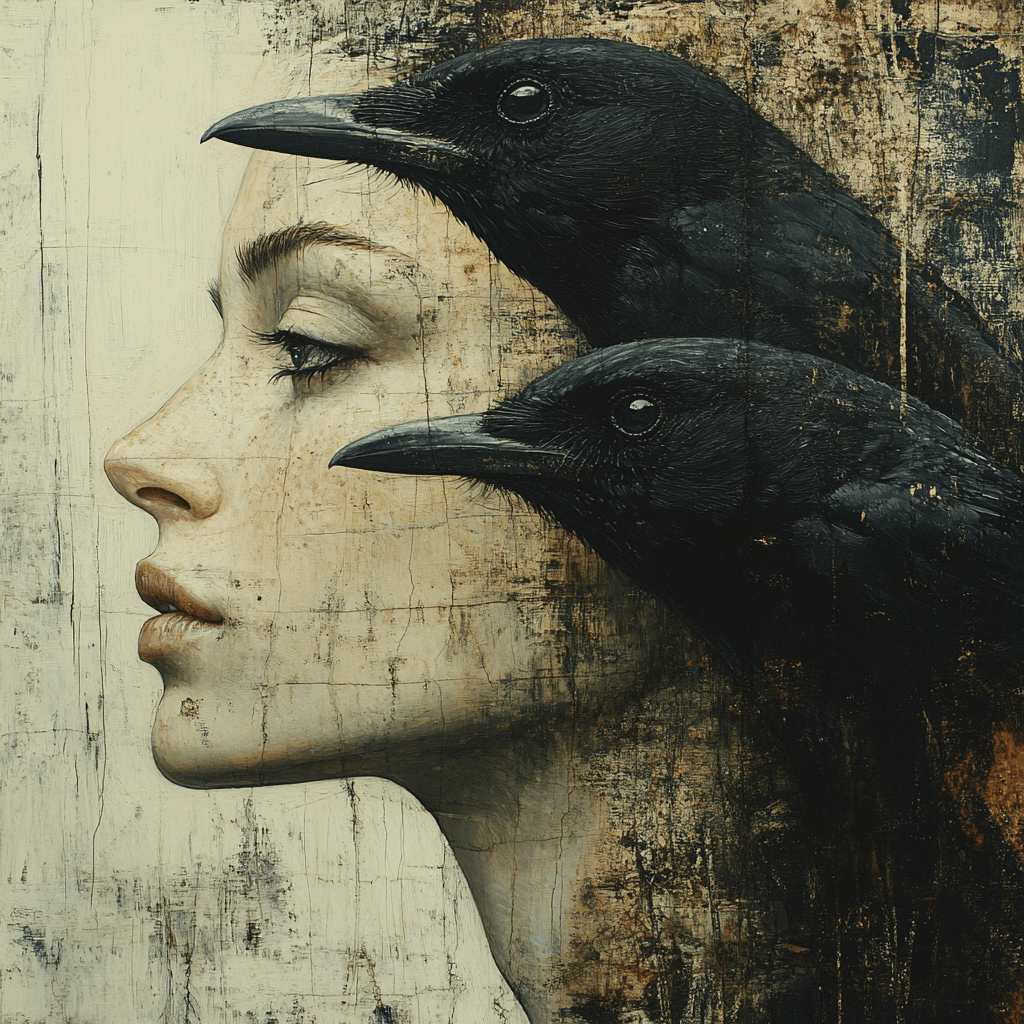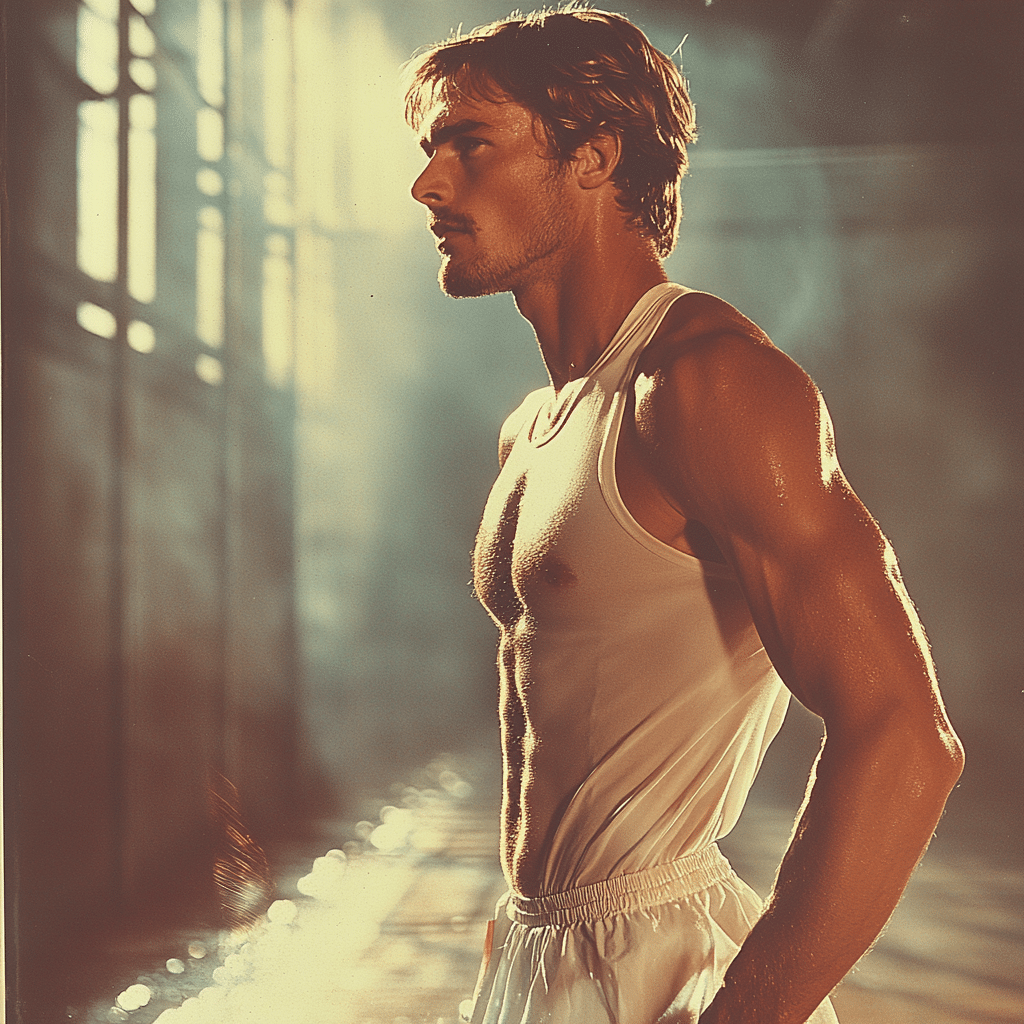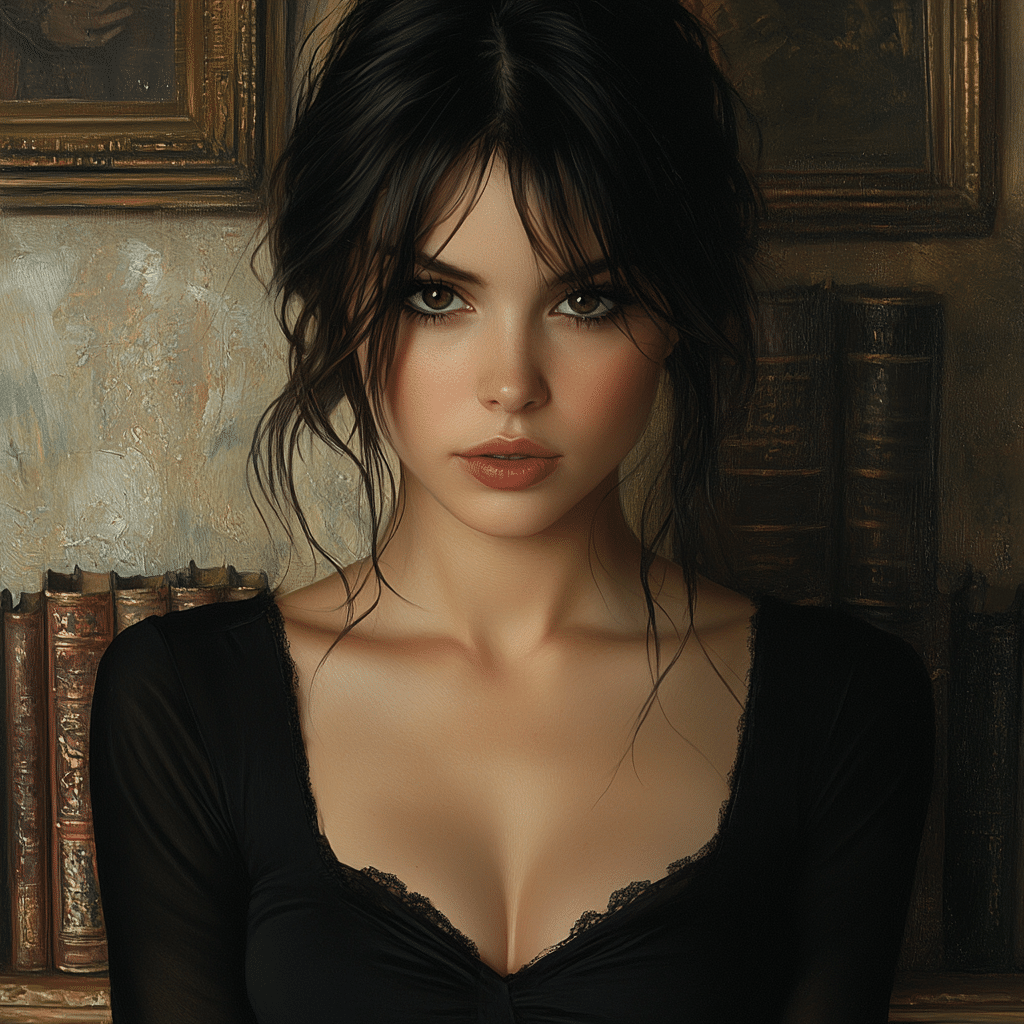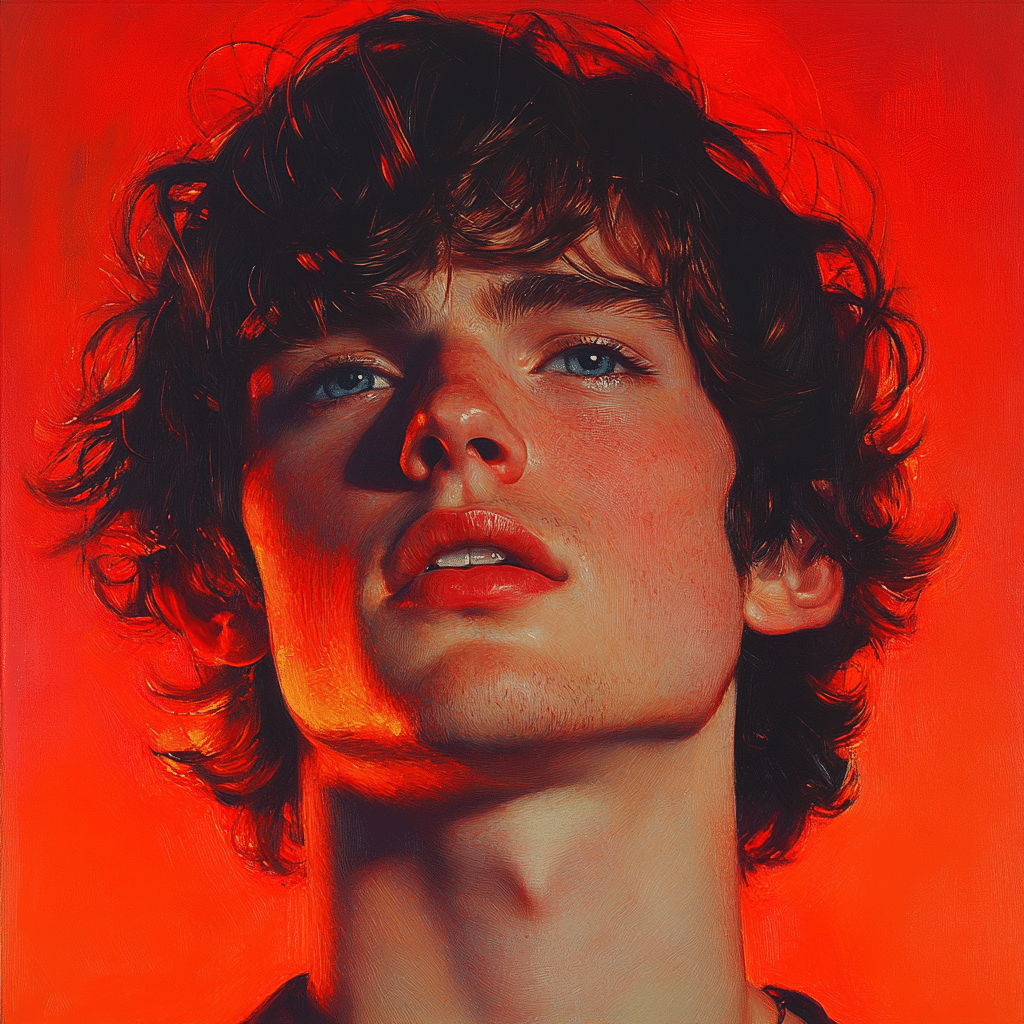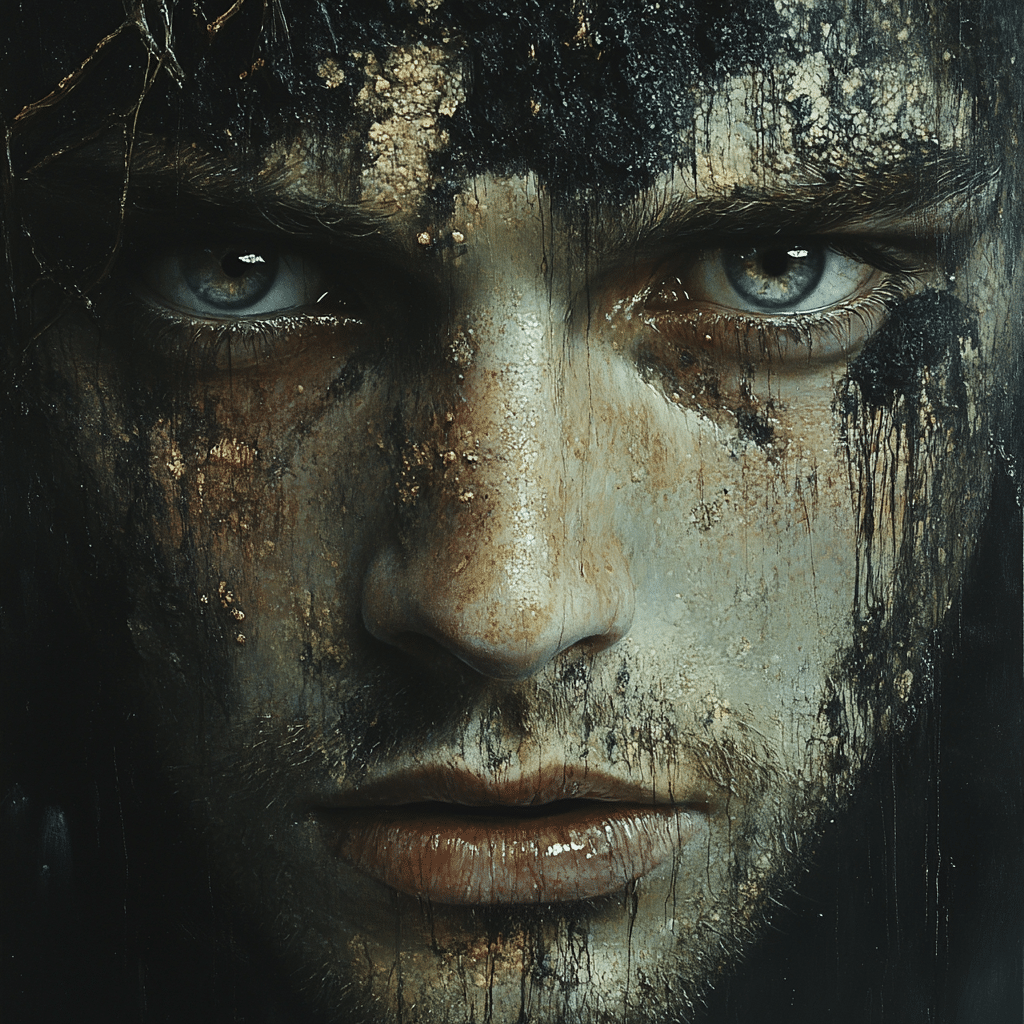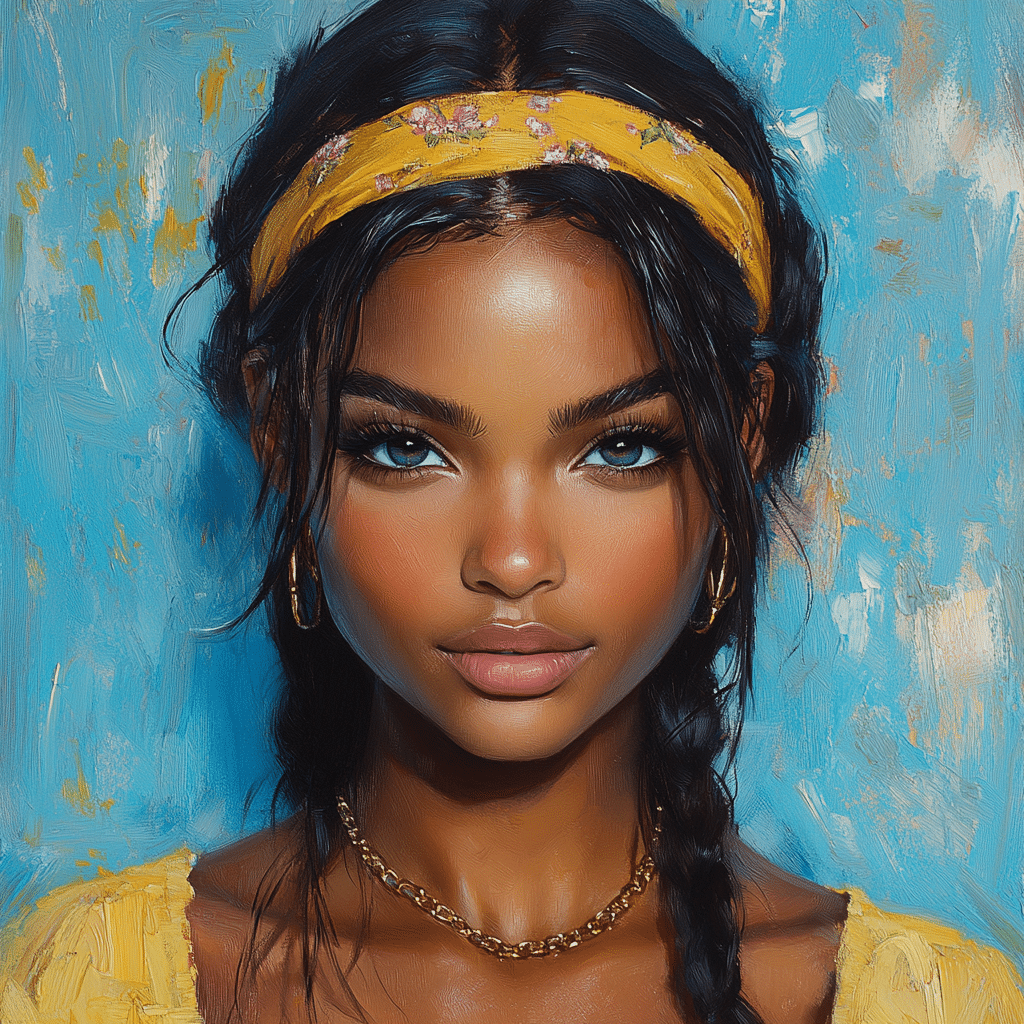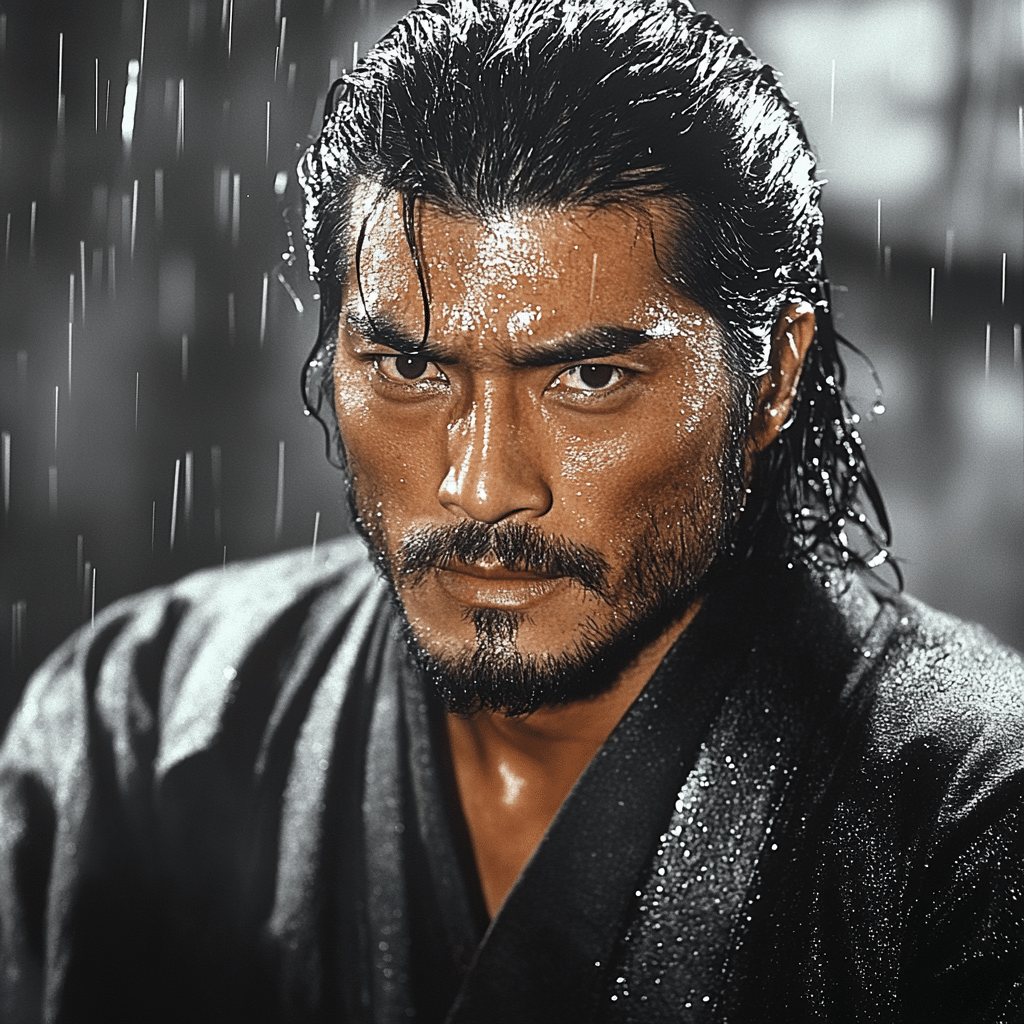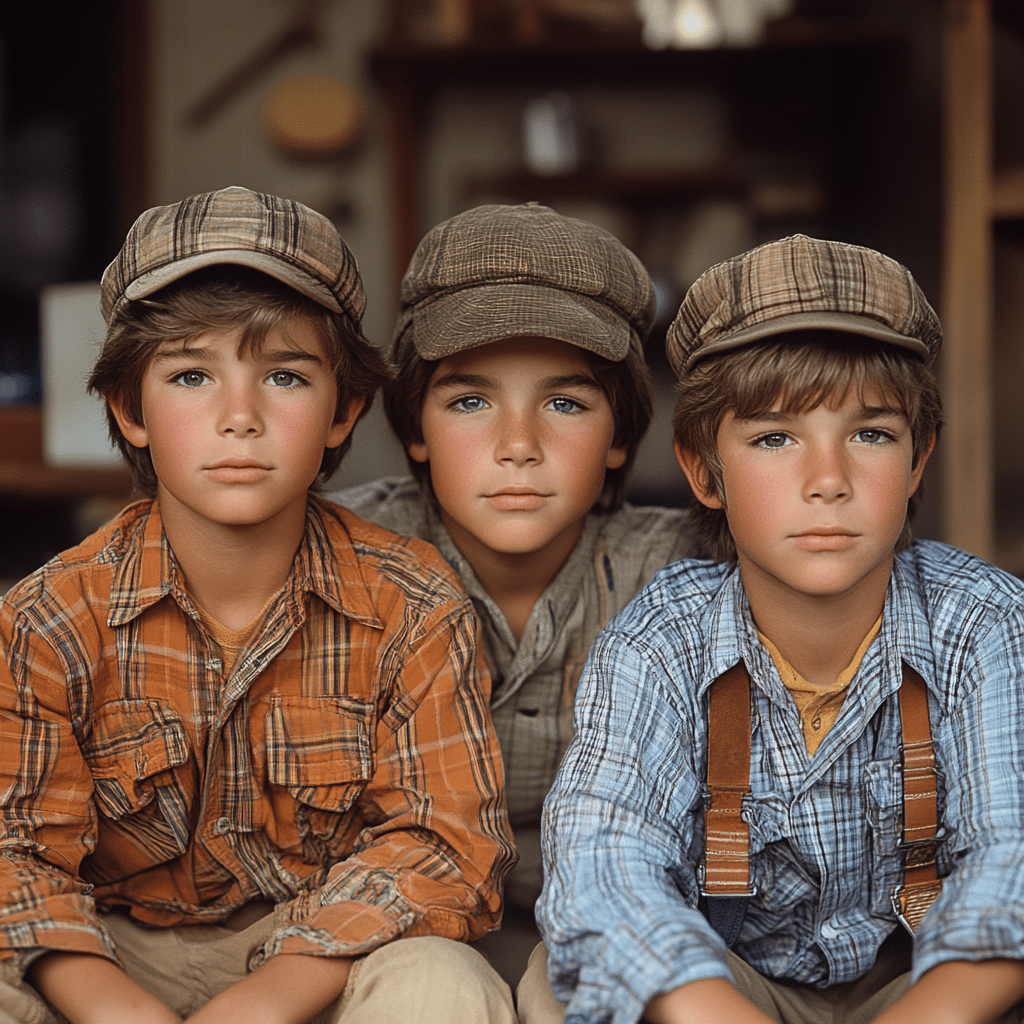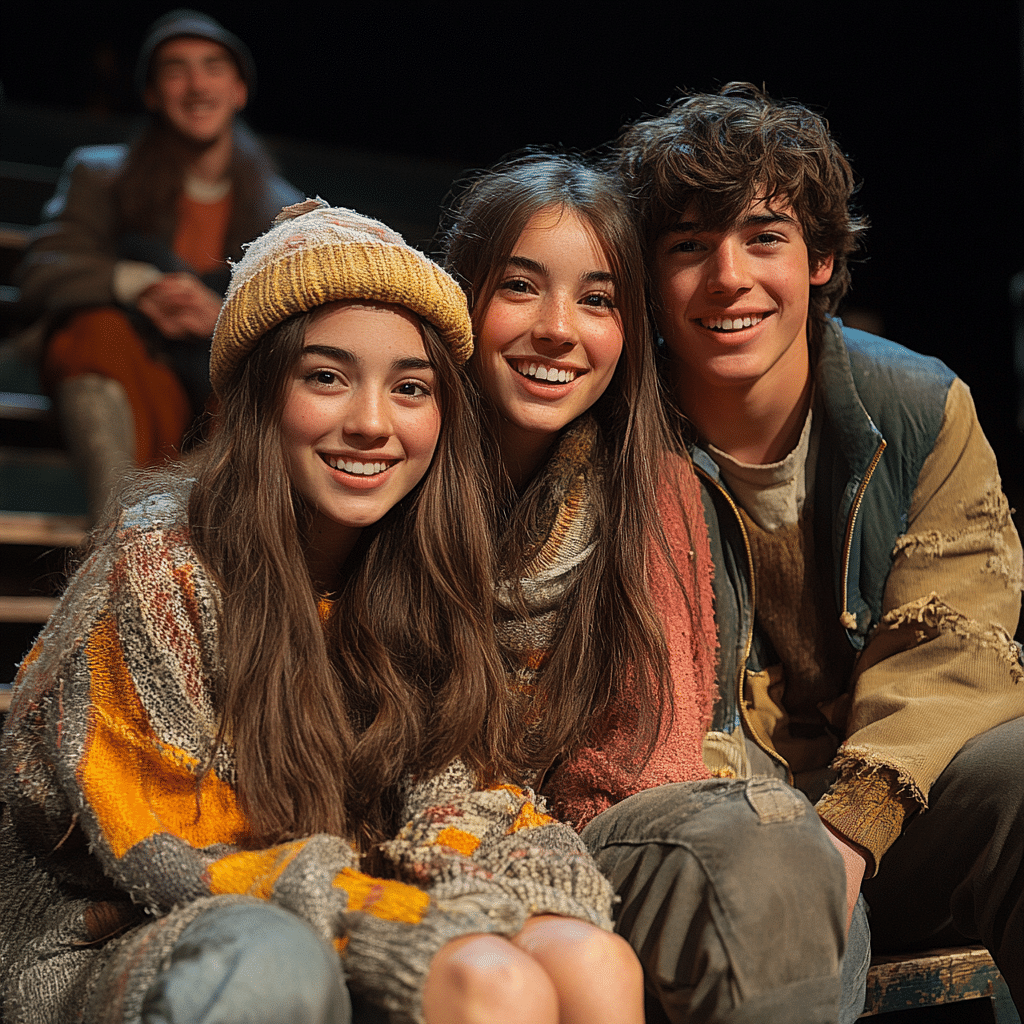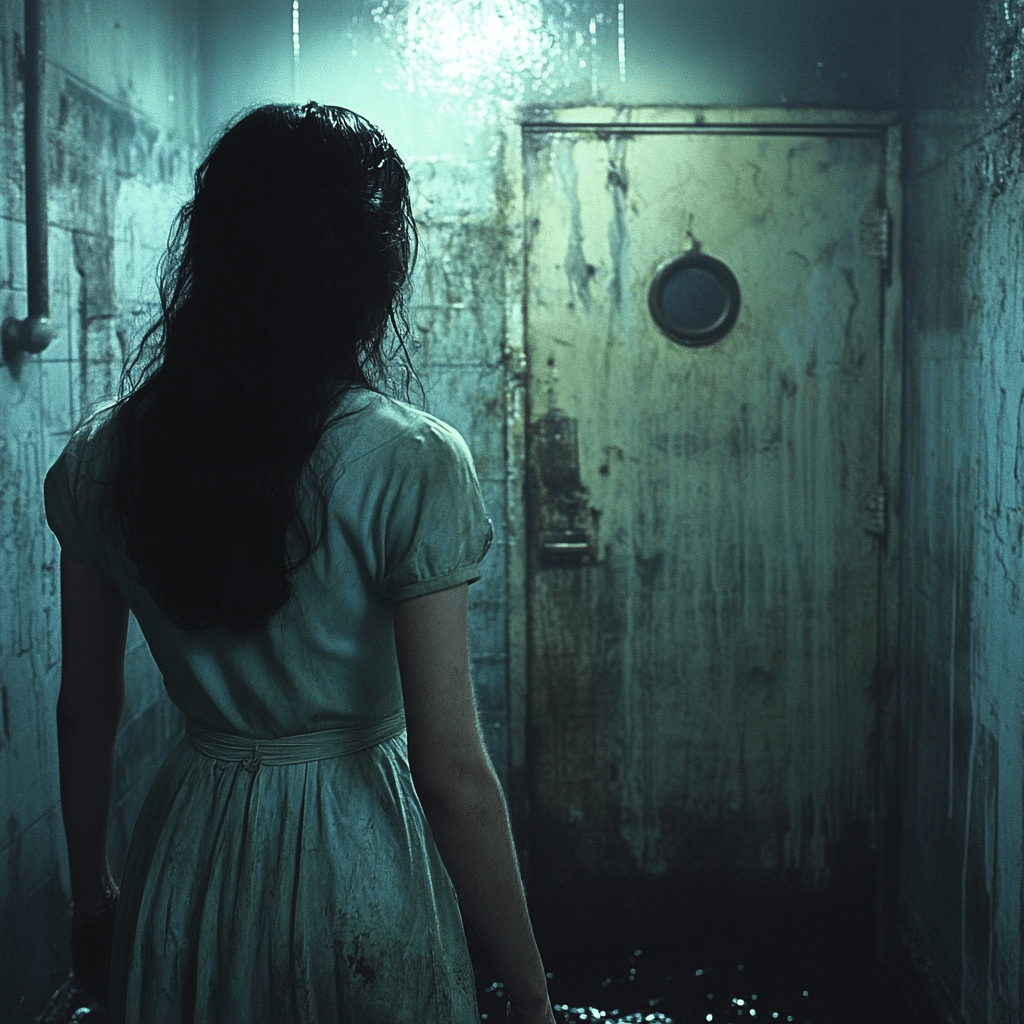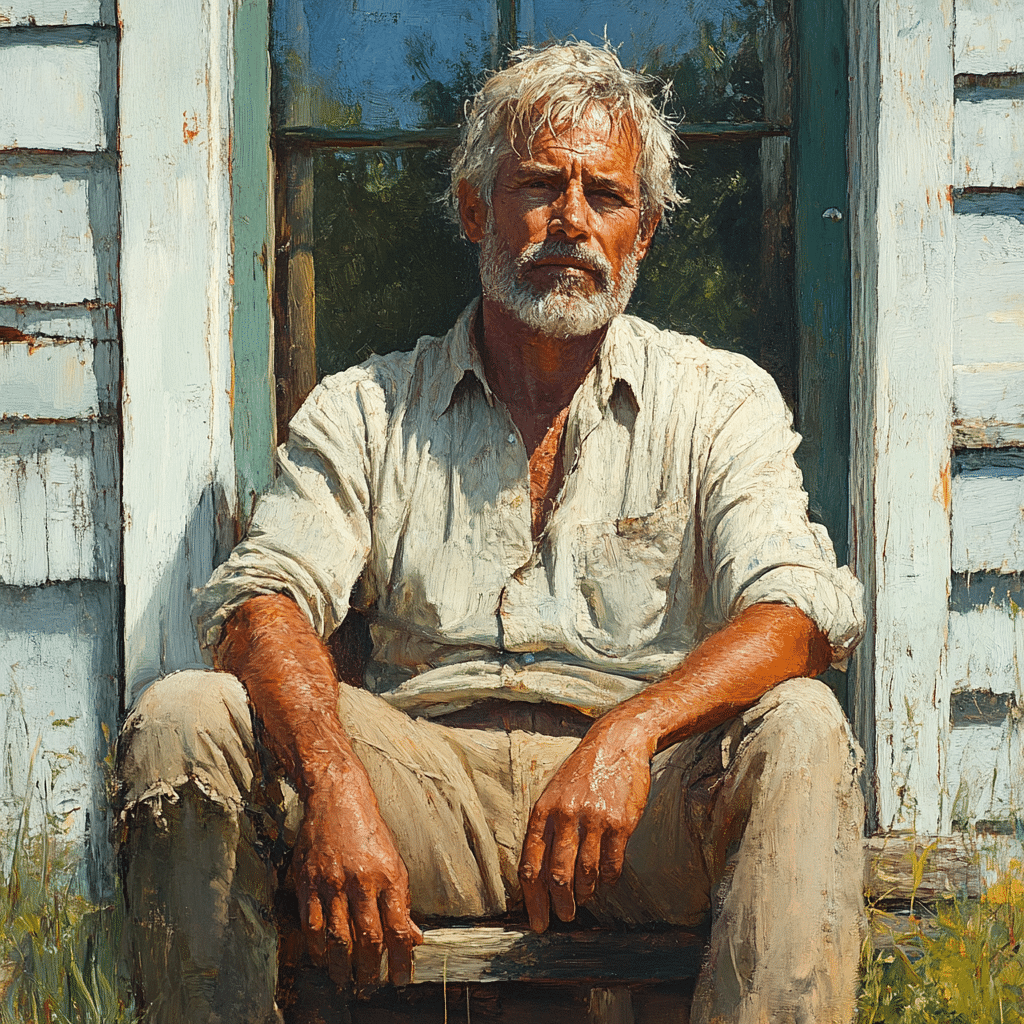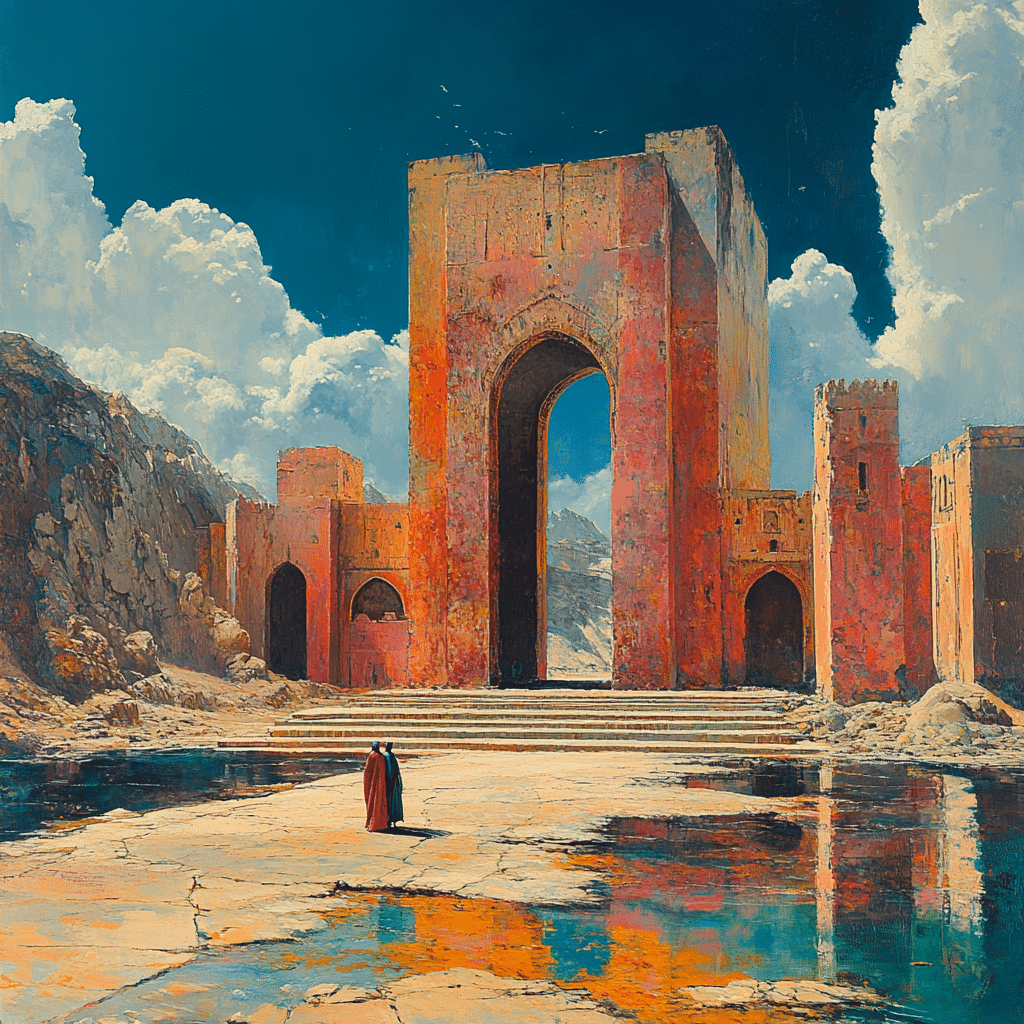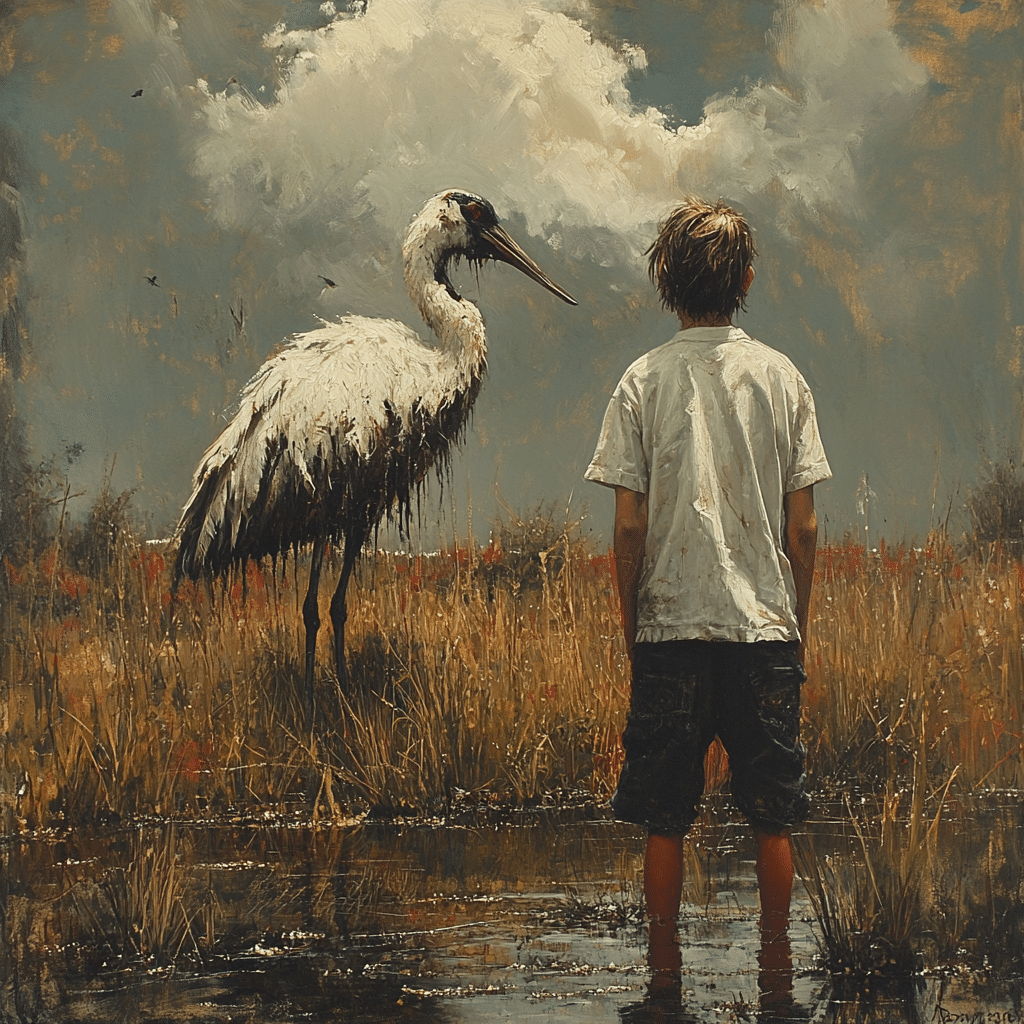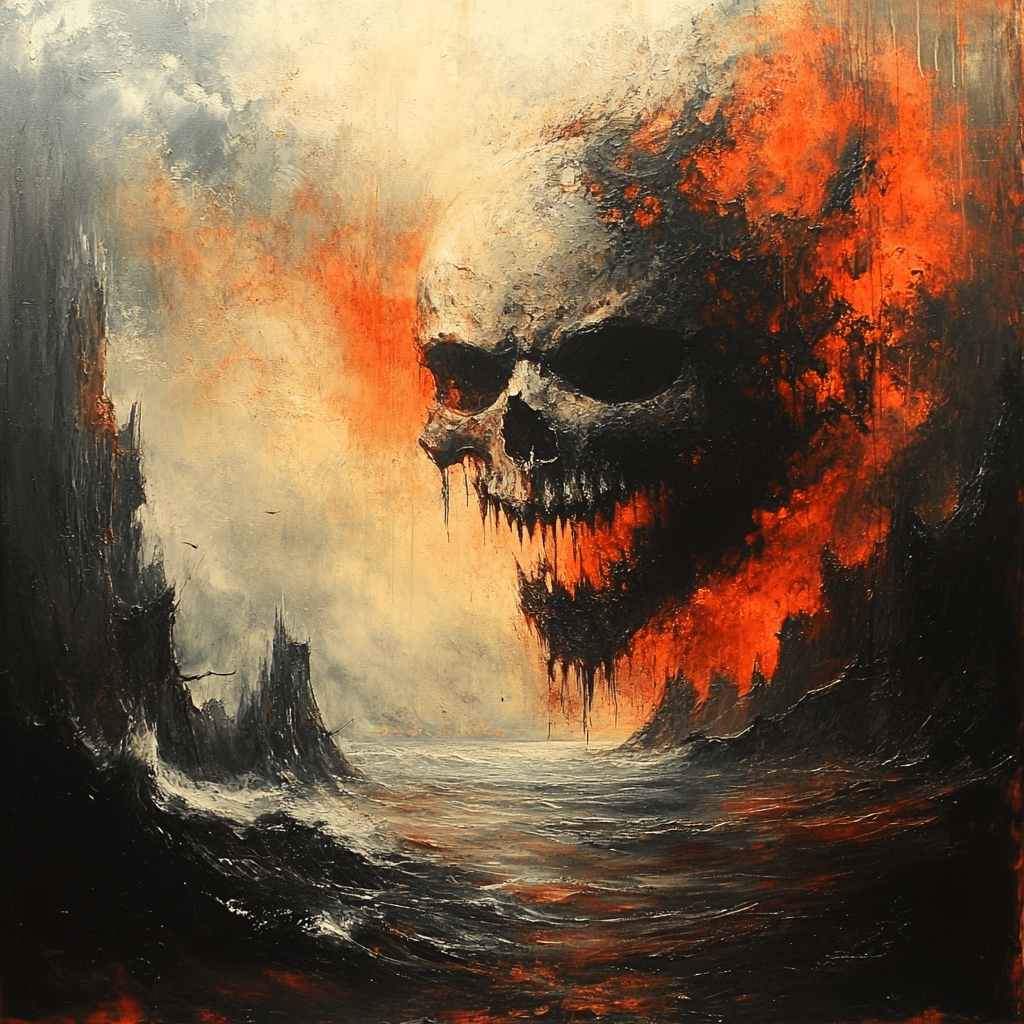When you think of samurai movies, the name Toshiro Mifune probably springs to mind quicker than you can say “katana.” This legendary actor didn’t just leave his mark on Japanese cinema; he redefined the entire genre. Mifune’s influence is so far-reaching that it continues to echo through the halls of modern filmmaking. Grab a cup of green tea and settle in, because we’re diving deep into the world of this cinematic icon and the roles that made him a star.
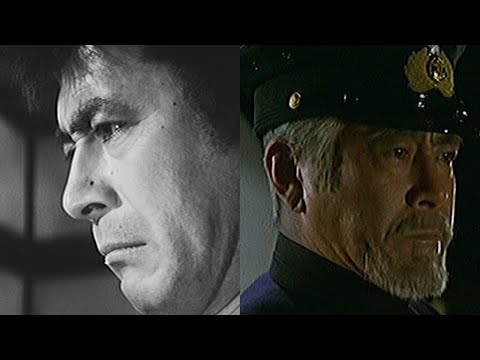
7 Iconic Roles That Defined Toshiro Mifune’s Legendary Career
Toshiro Mifune’s impact on cinema is both profound and enduring, showcasing his incredible range and depth as an actor. The following list explores seven of his most iconic roles that not only defined his career but also influenced the genre of samurai films and global cinema.
In this groundbreaking film, Mifune delivered one of his most memorable performances as the bandit, Tajomaru. His portrayal challenged narrative structures and character reliability, elevating Mifune to international stardom. If you’re not familiar with the film, it’s all about perspective. So grab a buddy and watch it—you’ll have plenty to discuss afterward!
As the charismatic samurai Kikuchiyo, Mifune brought a unique blend of brute strength and vulnerability to the role. His performance helped solidify the film as an archetype for the action genre, influencing countless directors worldwide. Can you believe a film made in the 50s is still lighting a fire under modern filmmakers? That’s some serious staying power!
In this classic, Mifune played a cunning ronin who expertly orchestrates feuding factions for his gain. This role defined the “lone wolf” archetype in film and laid the groundwork for modern westerns. Imagine Clint Eastwood’s iconic cowboy, and you’ll see how Mifune’s performance laid the groundwork for that character concept.
Following “Yojimbo,” Mifune’s portrayal of the weary warrior Sanjuro highlighted his versatility. The film’s mix of comedy and action showcased Mifune’s ability to blend stark realism with lighthearted moments. It’s not every day you see a serious samurai cracking jokes while unsheathing his sword!
Mifune’s role as the noble general Rokurota Makabe highlighted his skill in delivering charismatic heroism combined with a complex personal story. Akira Kurosawa’s storytelling, combined with Mifune’s performance, created a template for the adventurer narrative found in numerous films, including “Star Wars.” Talk about cosmic influence!
Mifune’s intense interpretation of Washizu, adapted from Shakespeare’s Macbeth, showcased the actor’s range as he moved from heroic roles to embody darker characters. His raw emotional power demonstrated a mastery of psychological complexity. If you think Shakespeare in Hollywood is all about dramatic monologues, wait until you see Mifune’s intense take!
Portraying the legendary swordsman Miyamoto Musashi, Mifune’s performance in these films showed his growth as an actor. Themes of philosophy intermixed with intense action sequences established him as a symbol of the samurai’s spirit. You could almost feel the weight of his sword on your own hip while watching!
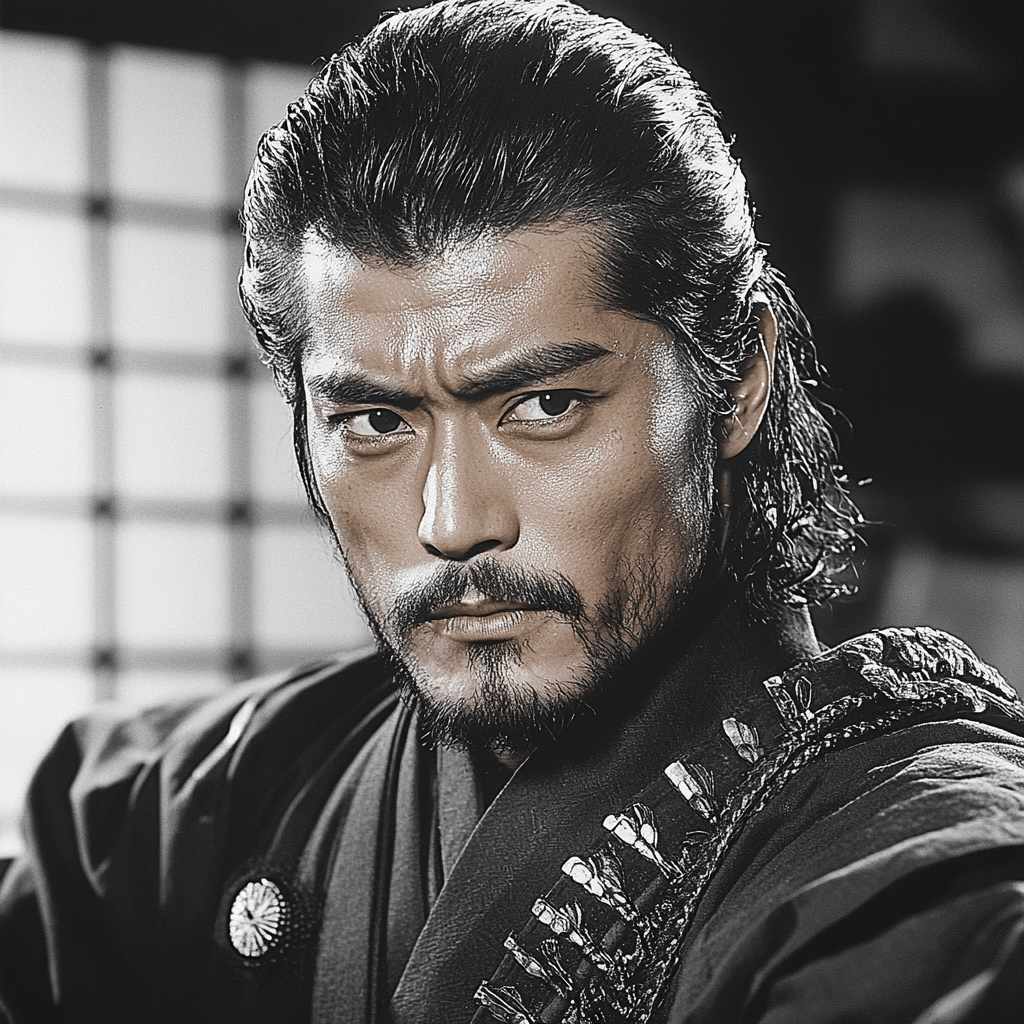
Toshiro Mifune’s Influence on Global Cinema
The legend of Toshiro Mifune extends beyond his film roles; it transformed the cinematic landscape both in Japan and abroad. His collaboration with Akira Kurosawa created a unique synergy that profoundly impacted directors, actors, and filmmakers.
Reinventing the Samurai Archetype
Before Mifune, samurai often depicted stoicism and honor. Mifune reinvented the warrior character, introducing layers of depth, emotion, and complexity. His intense fortitude combined with vulnerabilities became a template for modern heroism in film. Characters inspired by Mifune’s performances resonate in works by directors such as Quentin Tarantino and Martin Scorsese.
Cultural Exchange and Recognition
Mifune’s international appeal opened doors for Japanese cinema in global markets. Films featuring Toshiro Mifune brought attention to Japan’s rich cinematic heritage and influenced filmmakers like Sergio Leone, who drew inspiration from Mifune’s “Yojimbo” when creating the “Dollars Trilogy.” The infusion of samurai elements into Western storytelling created a cultural dialogue that continues to inspire filmmakers worldwide.
Mifune’s magnetic charisma and powerful portrayals of complex characters make him a cornerstone in film history. Who knew a samurai could’ve had such influence on the Western cowboy? It’s all in a day’s work for this cinematic titan.
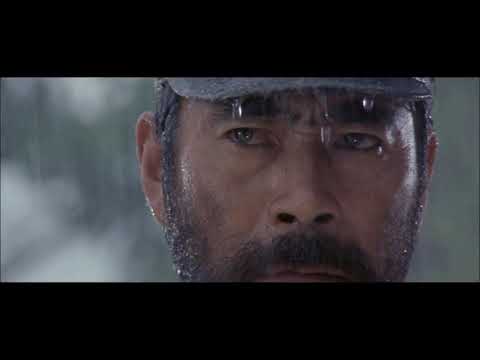
The Legacy of Toshiro Mifune in Contemporary Cinema
Toshiro Mifune’s legacy resonates strongly today, seen in the casting choices, narrative styles, and character development in contemporary film. New generations of filmmakers, like Hiroshi Kurosawa and Takashi Yamazaki, cite Mifune as a pivotal influence in shaping their artistic visions.
His performances encourage both actors and directors to explore authentic emotional journeys and cultural narratives. Consider how every time you see a brooding hero with a twisted past, you might just be witnessing Mifune’s lasting impact.
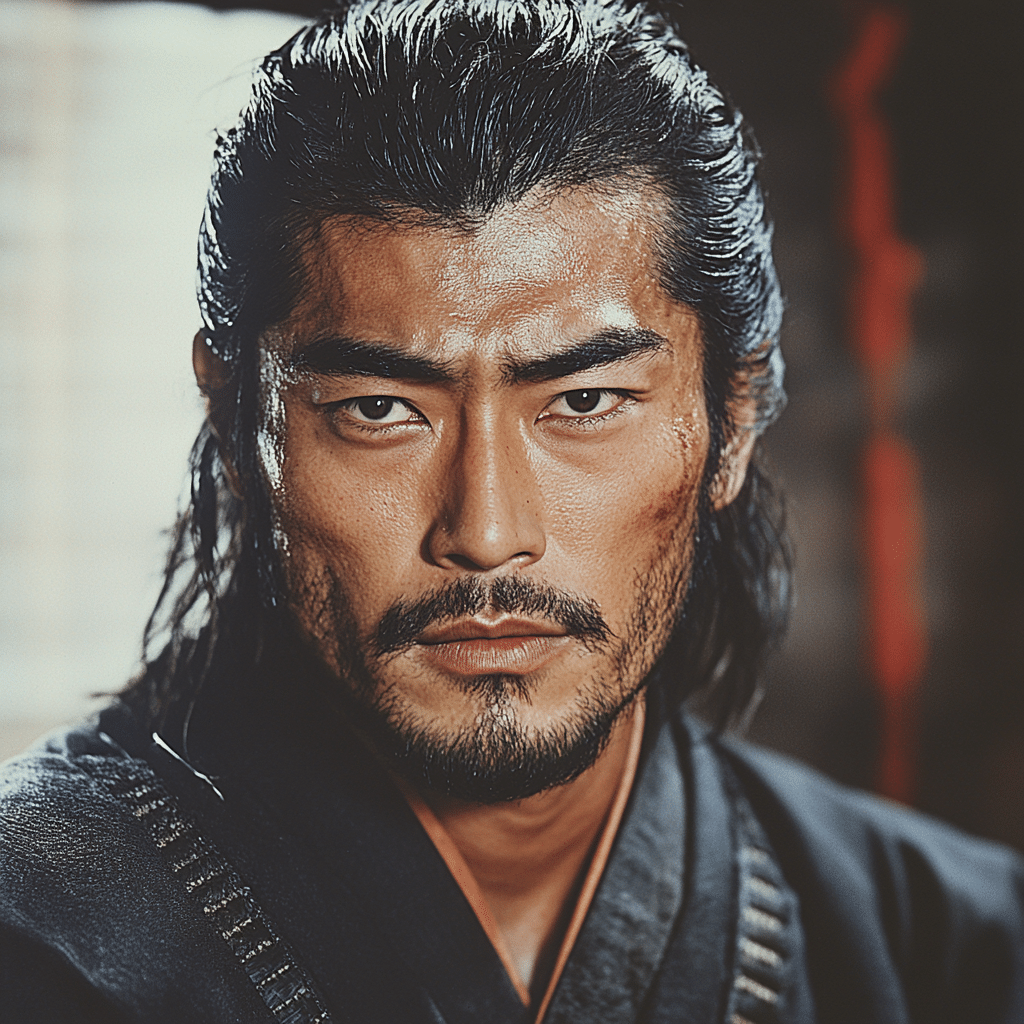
Toshiro Mifune: A Timeless Icon
In examining Toshiro Mifune’s contributions to film, it’s clear he wasn’t merely an actor but a cultural icon whose work transcended borders and eras. His dynamic performances in classic films altered the course of Japanese cinema and enriched global storytelling. Toshiro Mifune’s legacy lives on as a beacon for aspiring actors and filmmakers, inviting them to push the boundaries of artistic expression.
Through his unforgettable roles, he remains etched in the annals of cinematic history, embodying the timeless spirit of the samurai not just in film but also in the wider cultural consciousness. Next time you revisit one of Mifune’s classics, remember: you’re not just watching a film; you’re experiencing a piece of art that continues to inspire generations.
So, what are you waiting for? Get your popcorn ready and dive into the mesmerizing world of Toshiro Mifune—a true legend who paved the way for so many others!
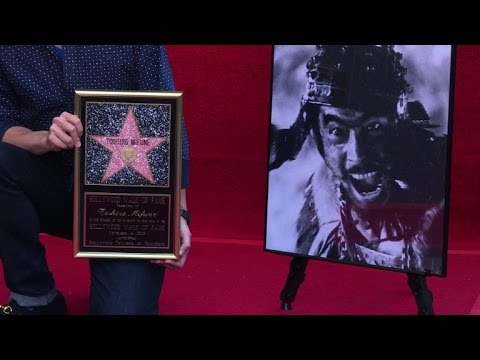
Toshiro Mifune: The Legendary Samurai Star of Cinema
A Star is Born
Toshiro Mifune, renowned for his powerful performances, first graced the silver screen in the 1947 film “Snow Trail.” This debut kicked off a prolific career that would span decades, ultimately establishing him as one of cinema’s greatest icons. It’s a fascinating journey when you think about how his unique charisma brought classic films to life. Speaking of legendary journeys, have you checked out the thrilling experience of Silent Hill revelation? It’s a cinematic gem that exemplifies how film can transcend reality.
Behind the Scenes
Did you know that Mifune and director Akira Kurosawa formed a legendary partnership that reshaped both of their careers? Their collaboration spawned masterpieces like “Seven Samurai” and “Yojimbo,” which not only pushed cinematic boundaries but also influenced countless Westerns. For instance, the “Pale Rider” cast drew inspiration from these iconic films, showcasing how Mifune’s influence extends beyond Japanese cinema. It’s pretty wild when you realize just how impactful one man’s work can be across different genres!
The Mifune Magic
Mifune’s intense acting style was complemented by a striking physical presence, setting him apart from many of his contemporaries. Tales of his dedication are legendary; he was known to train rigorously to portray samurai roles authentically. Ever tried using Preggie Pops to stave off nausea? Mifune likely tackled his challenges with the same zest, emphasizing that he was a true warrior both on and off-screen. On a lighter note, fans of country music might recall Easton Corbins catchy tunes, which, like Mifune’s films, have that timeless appeal.
A Lasting Legacy
Even today, Toshiro Mifune’s impact resonates with filmmakers and audiences alike. His roles have inspired a myriad of performances, continuing to shape the cinematic narrative in exciting ways. And for those still feeling the buzz from previous hit films, the excitement surrounding the Taylor Swift international Tour shows how cultural icons continue to thrive. Mifune’s artistry reminds us that while times change, the heart of storytelling remains constant—much like the joy we find at the Carousel Of Progress So, as we celebrate this cinematic titan, let’s embrace the rich legacy he’s left behind, one that inspires generations to come.
